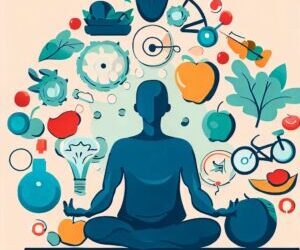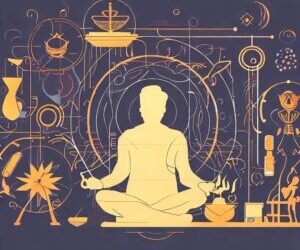The hierarchy of needs is a very important part of the Hierarchy of Needs. I call this the “Law of Needs” because it is also used in other theories and teachings, such as The Golden Rule and the Theory of Cognitive Therapy. For those of you who don’t know, the “Law of Needs” states that humans (and all animals) have what they need to survive. In essence, it says that humans are capable of having self-immediate needs met while at the same time they are capable of having long-term needs met as well. This is the essential nature of the Law of Need. It is something that I believe is the most profound part of human consciousness and of life on the planet.
The fact of the matter is, our current understanding: of how the brain works (as well as how the rest of the body works) has a lot to do with our awareness of the need for an unlimited amount of energy. Think about it. Have you ever noticed how your energy field seems to be a little different after you’ve had a big meal? Or how your energy field seems to be a little more bluish after you’ve had a glass of red wine? Those are examples of your energy fields experiencing “tipping points,” where they become highly sensitive to subtle changes in their environment. You may have also noticed during a stressful period that your energy field can easily “turn off” or “disappear” when things seem really tough or desperate.
These are all the results: of an increasing sensitivity to the energy field around your human body. Because of this sensitivity, our needs change as our energy field shifts. When we are faced with a significant change in our daily life (especially if this change is a major life change such as marriage or a new job), this is a good time to ask yourself, “What are my needs now, instead of relating to what my needs will be in the future?” This is important because human behavior and the way we experience life is often influenced by our response to a particular event or to a particular person, and those events and people have a tremendous impact on our energy and the level of happiness we experience.

For example, many couples experience: some difficulty in creating a satisfying relationship. This relationship difficulty can be related to one or both partners’ needs, which can vary according to their energy and other preferences. This is a perfect example of human behavior and our individual responses to events in our environment. When we experience conflict or other types of frustration or disappointment, it is important for us to recognize that part of the problem is our interpretation of the situation. When we take the time to think about our needs, we can create better ways for us to deal with conflict or disappointment, and we can make sure that we are maximizing the benefits of our relationships.
Another related area of interest is our need for security: People today face many challenges, and they must be able to find ways to meet these challenges. This security emotion can get in the way of our ability to solve problems or meet needs, so it is important for people to learn to recognize when they are relating to their needs in this way. Recognition and attention to our needs are related to the quality of our relationships.
Maslow’s hierarchy of needs explains: how people can fulfill their needs in different ways. For example, there is a need for safety, as well as passion, joy, and other emotions related to achievement. Safety needs are satisfied when we are physically safe. We also satisfy our need for achievement when we feel that we have succeeded.
Finally, feeling of joy and satisfaction is related to the quality of relationships we have.









